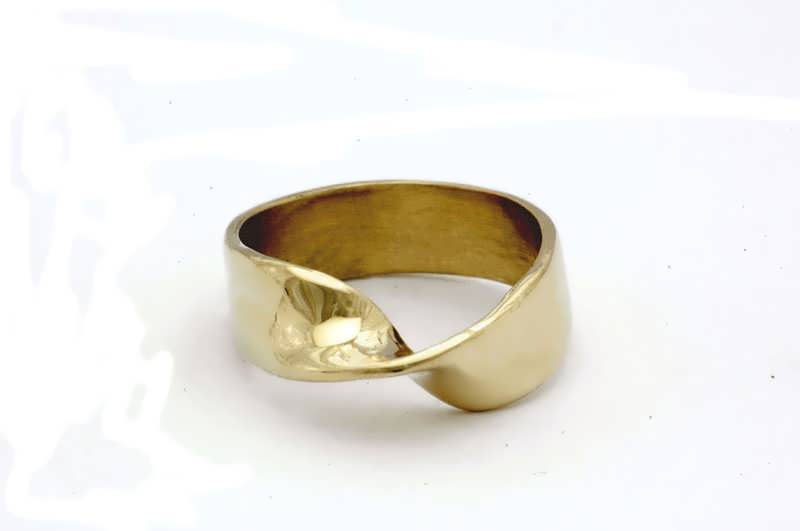
I'm using this blog as a marker for Juniors to post on something in Plato at their website.
I'm intrigued by the meaning of Gyges' ring. The ring, it seems, is not an object for good or for evil even if Gyges uses the ring for evil. So what is it? Most telling is that Gyges first discovers the properties of the ring while sitting at the monthly meeting of accounts before the king of Lydia. He is a thrall to another man, under the rule of laws and society and a thousand other chains that weigh him down. The ring allows him to be free of all of that - a "blank canvas", as one student put it, on which he now has the freedom to create good or evil. So what is the ring? Is the ring the power to throw off societal chains (modes, mannerisms, beliefs, expectations) and thus be free? If so the discussion about rock concerts vs. Mass are very apt - both are supposed to allow us to do this thing ("death where is thy sting?"), one only seems to be succeeding in our modern era (not the Mass).
That aside, the power of the ring seems to be a neutral power that essentially puts us like a stage hand in the creation of life's myth; once we throw off the power of law & custom wouldn't we have the ability to construct myth, influence the decisions of others, craft movies, music, stories, lies, identities? Wouldn't we be like Leonardo di Caprio in "Catch me if you Can"? Running from the straight laced law, perhaps, but enjoying every minute of our escape. In such a state we could be a tremendous force for goodness. The Ainur, for instance, were not of Middle Earth and could travel great distances very swiftly. But in such a state we would, perhaps, also be far more tempted to really destructive evil (vs. the small petty evils that the normal, law-bound man indulges in). After all, Saruman, as well as Gandalf, was an Ainur. After all Heinrich Himmler was an ubermensch.
Ultimately, it seems the ring represents, not a power that corrupts (as Tolkien's ring seems to inevitably do, thus suggesting a slightly different philosophy than Plato), but a neutral power that allows the wearer to slip the bonds of human societal norms and thus allows him to do tremendous good or tremendous evil.

No comments:
Post a Comment